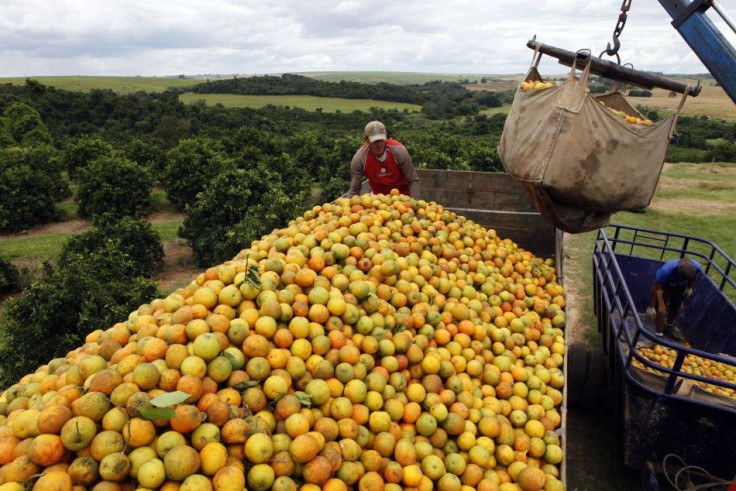What is in Store for Brazil’s Economy?

After remaining stagnated over the second half of last year, Brazil's economy appears to have risen by 0.5 to1.0 percent q/q in Q1 of 2012. But growing macro imbalances, coupled with increasing signs of strain in the nation's consumption-led growth model, are clouding the outlook, according to Capital Economics.
Central to the concerns of Capital Economics is the fact that Brazil's economy remains to be under control of definite aspects. A pick-up in capital inflows, coupled with rising commodity prices and a reacceleration of credit growth, will boost domestic demand and consumer spending over the coming quarters.
At the same time, manufacturers have been hit by a bout of renewed currency appreciation which is limiting the ability of the economy to meet stronger demand with higher output. The result is that the consumer spending is increasingly leaking into higher imports.
Looking ahead, Capital Economics points out that widening macro imbalances, combined with a high degree of uncertainty in the global economy, means there is a greater than usual chance of extreme outcomes in either direction for Brazil's economy and its financial markets.
The boom in domestic demand is vulnerable on three fronts - lower commodity prices, a reversal of capital inflows or a slump in credit growth. Equally, if capital inflows remain strong and commodity prices remain high, concerns about overheating will resurface quickly.
Capital Economics adds that the global forecast for a fall in commodity prices and renewed deterioration in investor risk appetite is inclining to expect that growth is more likely to disappoint over the next year or so. On top of this, local credit growth is also looking increasingly unsustainable.
So Capital Economics has forecast that growth and inflation will be below consensus, and interest rates will be below market expectations.
© Copyright IBTimes 2024. All rights reserved.





















